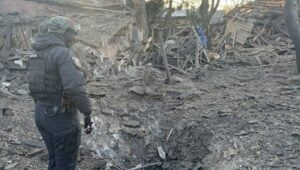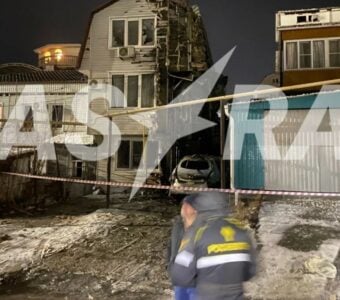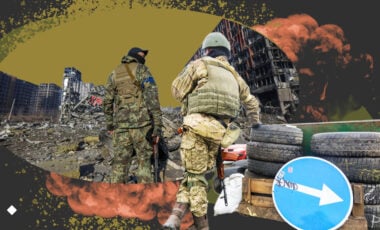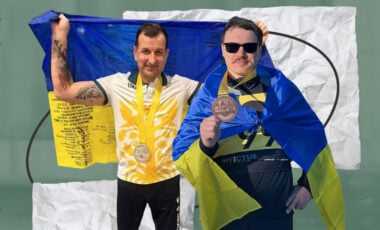EU sums up results of Borrell's visit to Ukraine
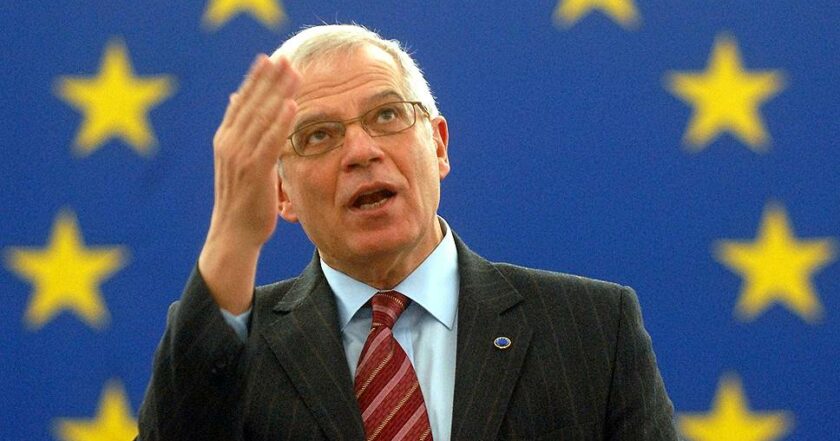
EU High Representative Josep Borrell traveled to Ukraine on January 4-6 to reaffirm the EU's support for Ukraine's sovereignty and territorial integrity and warn that any further Russian military aggression against Ukraine would have massive consequences and severe costs.
Тhat's according to a press release posted on the website of the European External Action Service on January 6 following Borrell's first visit to eastern Ukraine and to the line of contact.
"During the visit, HRVP Borrell reaffirmed that the European Union remains the most reliable partner of Ukraine during this critical time and reconfirmed the EU's continued support to Ukraine's sovereignty and territorial integrity in light of the Russian military build-up along its border with Ukraine," the statement said.
The EU High Representative underlined the need for Russia to de-escalate tensions immediately and to fully implement the Minsk agreements. He also expressed clear support to conflict resolution efforts and to the work of the Trilateral Contact Group and the Normandy format.
"HRVP Borrell confirmed that there is no security in Europe without the security of Ukraine and any discussions on European and Ukrainian security must include the European Union and Ukraine. He added that these discussions should build on and strengthen OSCE and UN commitments and obligations," the statement said.
According to the statement, the visit to the line of contact, together with Ukrainian Foreign Minister Kuleba, provided the opportunity for Borrell to see first-hand the dramatic consequences of the conflict and its impact on the lives of people over the last eight years. In this context, Borrell commended the work of international organizations, NGOs and the Ukrainian Government working on the ground.
"Today in Kyiv, HRVP Borrell met with Prime Minister Denys Shmyhal to discuss the present security situation and EU-Ukraine relations. He highlighted the importance of comprehensive reforms as a means of strengthening Ukraine's resilience, in the framework of the EU-Ukraine Association Agreement, and recalled the political, financial and economic support, over EUR 17 billion, provided to Ukraine since the beginning of the conflict in 2014," the EEAS said.
According to the statement, the visit took place at a critical moment ahead of next week's informal Council of Foreign Affairs Council (the Gymnich meeting) and an informal Council with Defense Ministers, as well as the start of discussions between Russia, the U.S. and NATO.



